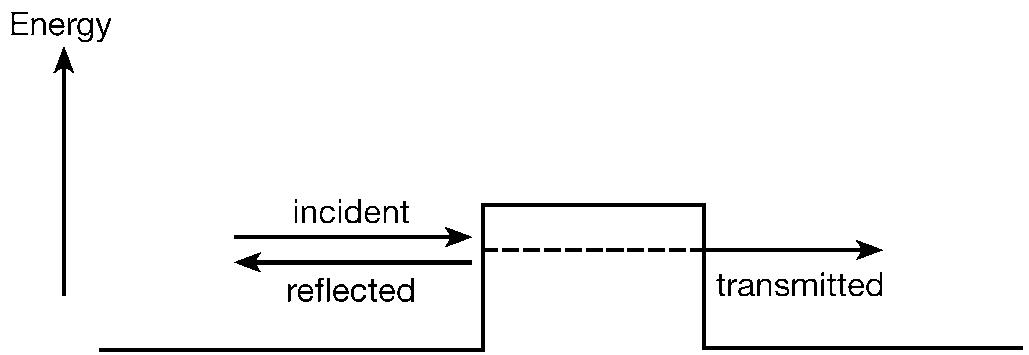Chapter 6 Lessons and meanings
The picture of physical process presented to us by quantum theory is radically different from what everyday experience would lead us to expect. Its peculiarity is such as to raise with some force the question of whether this is indeed what subatomic nature is ‘really like’ or whether quantum mechanics is no more than a convenient, if strange, manner of speaking that enables us to do the sums. We may get answers that agree startlingly well with the results obtained by the laboratory use of classical measuring apparatus, but perhaps we should not actually believe the theory. The issue raised is essentially a philosophical one, going beyond what can be settled simply by the use of science’s own unaided resources. In fact, this quantum questioning is just a particular example – if an unusually challenging one – of the fundamental philosophical debate between the realists and the positivists.
Positivism and realism Positivists see the role of science as being the reconciliation of observational data. If one can make predictions that accurately and harmoniously account for the behaviour of the measuring apparatus, the task is done. Ontological questions (What is really there?) are an irrelevant luxury and best discarded. The world of the positivist is populated by counter readings and marks on photographic plates. 82





